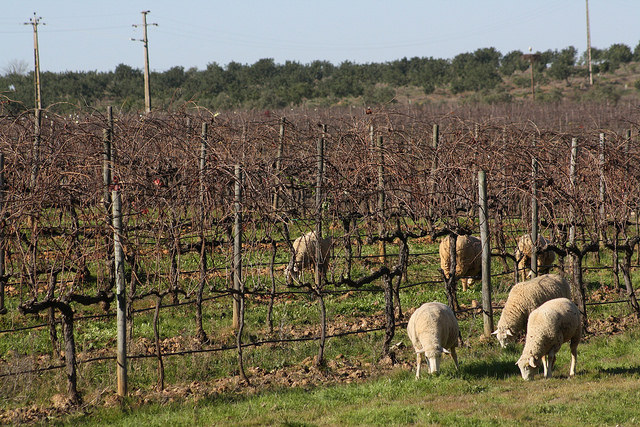
Agroforestry in the North
Hosted by Innovative Farmers, Soil Association.
Government dramatically failed on its target to plant more trees last year, and recently the Prime Minister has pledged 30k trees to be planted a year. What are the barriers for farmers adding more trees into their farming systems and what are the range of benefits that can come from including more forestry on the farm? Farmers, researchers and woodland specialists need to work together to make sure any future planting is effective for the environment and provides clear business case and benefits to the farmer.
Featuring farmers working on established and new agroforestry projects, this session enabled attendees to learn about the practicalities, challenges and opportunities of setting up agroforestry on their farms. The panel will detail some of the schemes available to help support planting, and some research on the livestock health and wellbeing benefits that can come with increasing the tree cover on the farm.
Speakers/hosts:
Helen Chessire is lead farming advocate at the Woodland Trust, responsible for working with both the farming sector and policy makers to promote the benefits of trees on farms. Otherwise known as agroforestry, the deliberate integration of trees within agricultural crops and livestock is a win –win for sustainable food production and the natural environment. The Woodland Trust can provide advice and support to farmers interested in agroforestry. Helen grew up on a diary and sheep farm in the Midlands.
Dr. Lindsay Whistance is a Senior Livestock Researcher at the Organic Research Centre. She has been working in animal behaviour, health and welfare research since 2003. Her interests include human-animal relationships and the role that diverse, species-rich environments play in offering good welfare conditions as well as food and medicine for domestic animals. Her current research activities include investigating the nutritional benefits of tree fodder including vitamin, mineral and tannin content.
Ben Raskin is Head of Agroforestry and Horticulture at the Soil Association and manages an agroforestry project at Helen Browning’s Farm in Wiltshire he established in 2016. He co-chairs the newly formed Defra Edibles Horticulture Roundtable, sits on the boards of the Organic Growers Alliance and Community Supported Agriculture Network UK. His own experience includes; running a walled garden in Sussex supplying a Michelin starred restaurant, working for Garden Organic at their gardens in Kent. Ben also set up and ran the 10 acre horticultural production at Daylesford Organic Farm, before moving to the Welsh College of Horticulture as commercial manager. More recently he has acted as Horticultural Advisor and Board Member for the Community Farm near Bristol. Ben is also an author of gardening books for children and grownups.
Andy Gray runs the Elston farm in Crediton (Devon) which also has a catering butchers and The Meatbox Company supplying red meat across the country. Andy is embarking on a silvopasture agroforestry field lab working with FWAG South West, Rothamsted FarmInn, Woodland Trust and Innovative Farmers.
Dr Kate Pressland is Programme Manager, Innovative Farmers, at the Soil Association which she joined in 2013 to run the research elements of the Duchy Future Farming Programme, and now manages Innovative Farmers: the programme’s network of on-farm trials (‘field labs’). Field labs support farmers interested in researching agroecological solutions to practical problems, by teaming them up with researchers to work directly on the issues the farmers face, on their own land, developing their own ideas. Kate is responsible for engaging with the programme’s stakeholders including farmers, producers, advisers, scientists, policy makers and industry bodies to develop farmer-led research as a key practice for improving agricultural sustainability and resilience. She manages its small grants scheme that helps boost the ability of the field labs to understand if solutions investigated are effective. Kate also sits on the senior management team of Scotland’s own farmer-centric research programme Rural Innovation Support Service (RISS). Kate has a PhD in agricultural ecology and previously worked for 9 years in land management with farmers across the south west in the conservation sector.

I hope this session will include the role of wood pasture in delivering a sustainable mix of food and forest products (timber and non-timber) and help to explore the barriers that separate farming and forestry land use practice, to the detriment of both and of wider society.